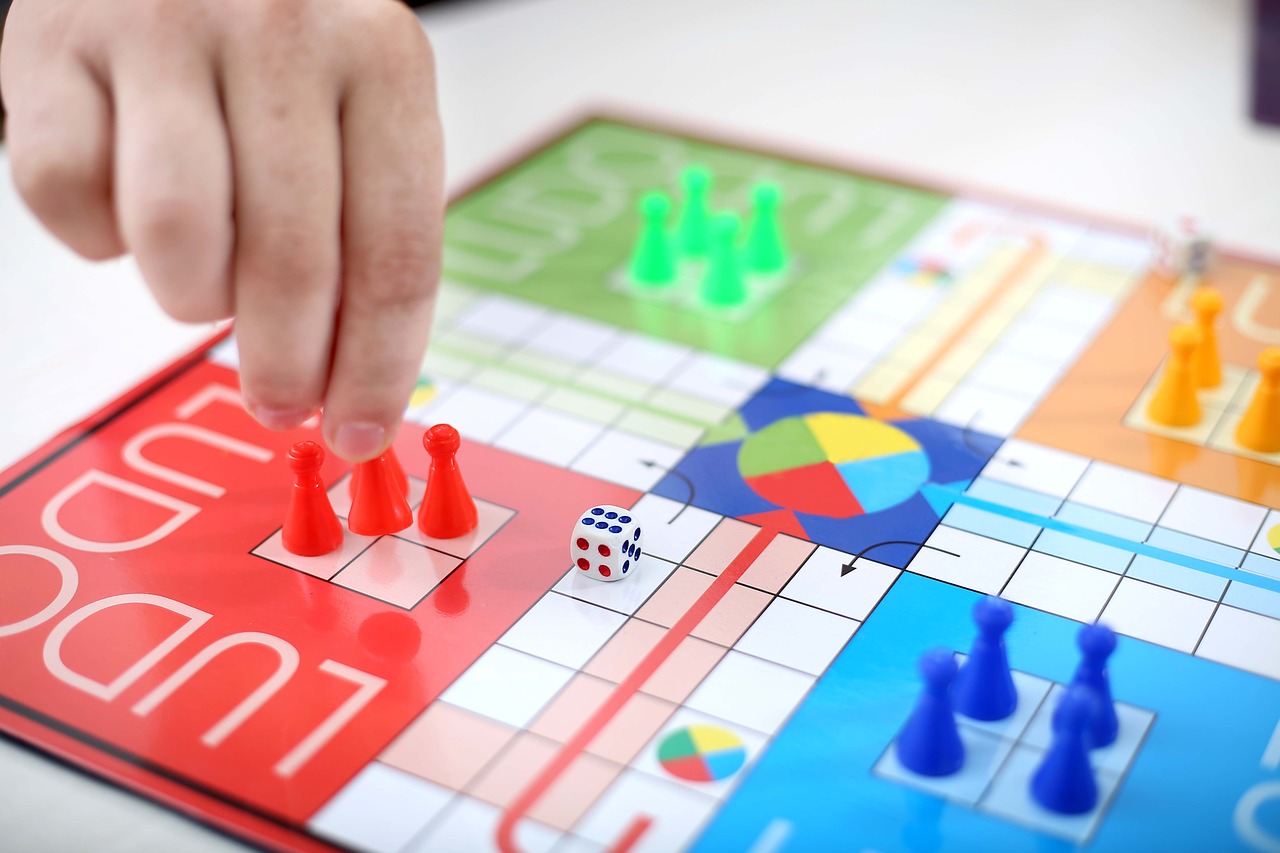Liam, aged 8, was referred for counselling by his teachers. He was aggressive towards other students and they were aware of difficult family dynamics that were likely to be contributing to his challenging behaviour.
He was the youngest of four children, small for his age, with a brother, Kai who was two years older than him. Kai was frequently physically and verbally aggressive towards Liam. Kai, had recently been diagnosed with ADHD and Autism and was in the same school as Liam. Kai spent all of his time out of the classroom, supported by a teaching assistant and could sometimes be heard in the corridors shouting and refusing to engage with staff. The school described Liam’s dad as controlling and prone to angry outbursts.
Liam rarely spoke about home. Occasionally he would volunteer information as we walked to the counselling room but often he would close down any enquiries about his family. He wanted to play and was most interested in board games, Lego and jigsaw puzzles. Liam was determined to win and would control games, manipulating the rules and quite forcefully telling me what he wanted me to do. This developed into throwing cushions at me and laughing unkindly when they hit me. He was enjoying the new power he had in therapy which was so at odds with life at home. It felt at times that he despised my kindness, my commitment to him no matter how he behaved. His internal script seemed to be that any sign of softness was dangerous as it left him vulnerable in the world he inhabited. At times it was difficult to work out whether he wanted to continue with therapy. I believed he did but he refused to answer my questions about it and during one session refused to talk at all, only communicating occasionally in writing.
I persevered hoping that my dogged commitment to him coupled with my gentle reinforcing of boundaries in the therapy room would result in change. Over time this happened and during the last six weeks of counselling he was offering me turns during games, collaborating with me in play rather than being domineering and even began to say ‘thank you’! Liam experienced unconditional positive regard week in week out. Kindness became less threatening as he had learnt that it made him feel good to both receive it and give it. In addition Kai, his brother, left primary school, which afforded Liam the respite he needed. He finished counselling able to laugh more easily and engage more playfully with those around him.

